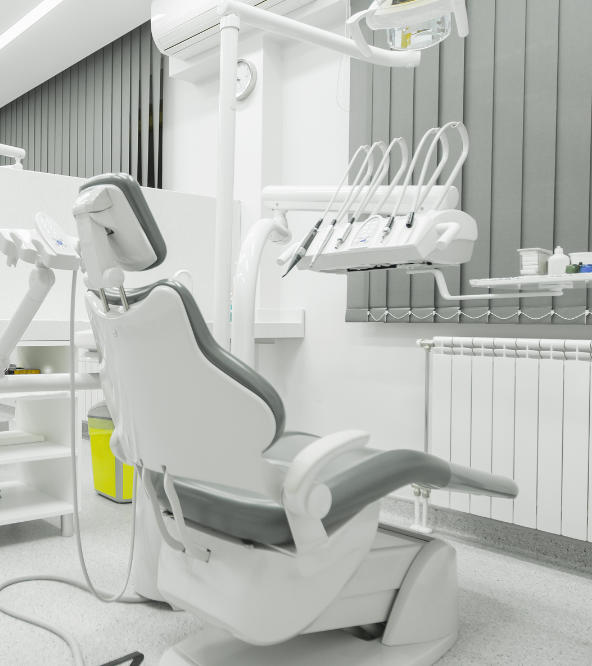“Peri” means around, and “odontal” refers to teeth. Periodontal disease is infection of the structures around your teeth. This includes your gums, the periodontal ligament, and the alveolar bone. The earliest stages of periodontal disease is called gingivitis, and only affects the gums. Without preventative dental care, the disease progresses until it affects all the supporting tissues. The main culprit is bacteria found in dental plaque. Periodontal disease treatment is vital because it’s been linked to a variety of other health problems along with the silent painless loss of teeth.
Periodontal Disease Treatment
Stop Periodontal Disease before it Happens

What Causes Periodontal Disease?
Bacteria in dental plaque is the primary cause of periodontal disease. Plaque is that sticky substance that forms on your teeth after you have eaten food. Your immune system, attempting to get rid of the bacteria, release substances that inflame and damage your gums, periodontal ligament or alveolar bone. The result is swollen, bleeding gums, the primary signs of gingivitis.
The buildup of plaque below the gum line leads to inflammation. As your gums swell, they detach from the root. This process forms a space, or “pocket,” between your tooth and gum – the perfect place for bacteria to grow.

How to Prevent Periodontal Disease?
The best ways to prevent periodontal disease is by practicing good oral hygiene and visiting the dentist regularly. If you already have gum disease you may need to see the dentist more often until you eliminate the problem.
How Scaling and Root Planing Help with Periodontal Disease
Scaling and Root Planing, more commonly called a deep cleaning, is vital to preventing periodontal disease. Part of the deep cleaning process involves checking your pocket depth. Pocket depth refers to the area between the tooth and gum where bacteria will collect. Normal, healthy pockets will be no more than 3 millimeters deep. If your pockets are greater than 4 millimeters, Dr. Hemphill will prescribe a scaling and root planing appointment with the dental hygienists.
If you’re suffering from gum disease, scaling and root planing can help. This treatment involves numbing the gums to ensure you don’t feel pain. A special scraper is used to remove any build-up of debris, such as calculus deep in the pockets. Water is continually used to wash away the debris with a suction system.
After a deep cleaning, the bacteria in the pockets of the teeth will have been removed and in the coming weeks your gums should become healthier if you maintain proper daily oral hygiene practices. After 4-6 weeks after the treatment the gums should reattach to the tooth, thus decreasing the pocket.
Benefits of Scaling include:
- Treatment of gum disease
- Prevention of tooth loss
- Reduces problems with periodontal pockets
- Helps reduce bad breath
Treatment for Advanced Periodontal Disease
If you’ve waited too long and your periodontal disease is in advanced stages more invasive treatment may be necessary. Contact West Hill Family Dental today for your appointment.
- Pocket Reduction Procedure – If your gum tissue is not attaching properly to your tooth after a deep cleaning you may be a candidate for pocket reduction flap surgery. Folding back the gum tissue, removing infectious bacteria, smoothing areas of damaged bone will allow your gum tissue to reattach to healthy bone and tooth.
- Gum Grafts – Exposed roots due to gum recession can be covered with gum grafts. Gum tissues taken from your palate or from another source are used to cover the roots of one or more teeth. Covering exposed roots helps reduce sensitivity, prevents root decay, and decreases the appearance of having “long” teeth.
- Regenerative Procedures – Bone grafting is a surgical procedure that promotes the growth of new bone in an area where bone has been destroyed by periodontal disease.